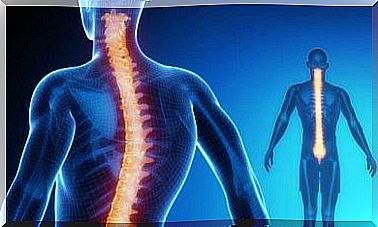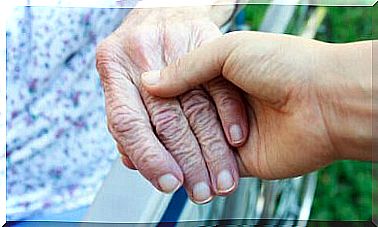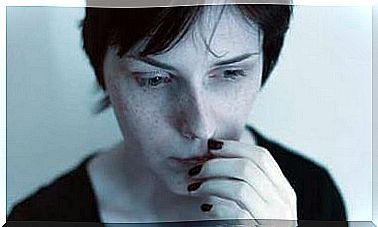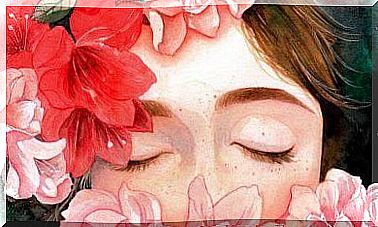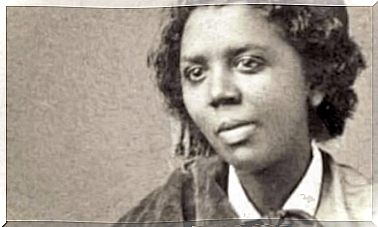5 Myths About Anxiety You Should Know
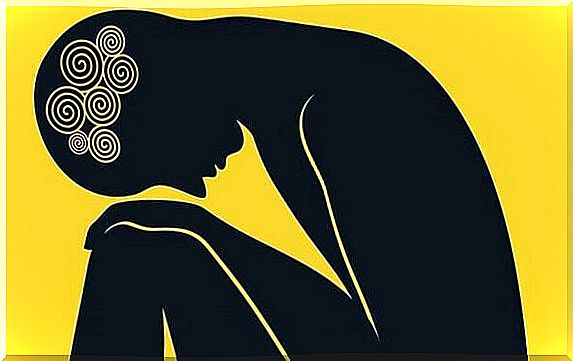
Certain myths about anxiety are still seen as valid, but they do not benefit anyone who lives with this demon, with this entity that devours our calm and vital balance. No one chooses their own disorder, their illness or the black hole from which it is so difficult to emerge if our surroundings are not favorable and if we continue to hold erroneous and even harmful ideas.
In this current situation, where social movements are constantly emerging, claiming rights or making visible realities that until recently were relegated to a place of silence and repression, another has emerged that should not go unnoticed. Under the title “I didn’t choose my illness”, it tries to expose the situation that many people who are currently dealing with depression, bipolar disorder, post-traumatic stress, anxiety disorders, etc. live. They are people who, in some way, are blamed and held responsible when they did not choose the suffering they bring.
Giving a voice to this movement is important. Firstly, because a large part of the population still navigates in the waters of absolute ignorance about what mental disorders or illnesses are. We must also not forget that the lack of knowledge itself adds to the stigma and weight of prejudice.
None of this helps the person trying to find out what is happening to him; what’s more, in many cases it is an obstacle for you to seek help because of what they will say. In this way, the only thing that can be achieved is to make this condition chronic until it causes a maximum degree of suffering, until it becomes totally disabling. None of this is permissible or acceptable. Therefore, something as simple as knowing, clarifying terms and making this type of reality visible gives way to more favorable environments.
Top Myths About Anxiety
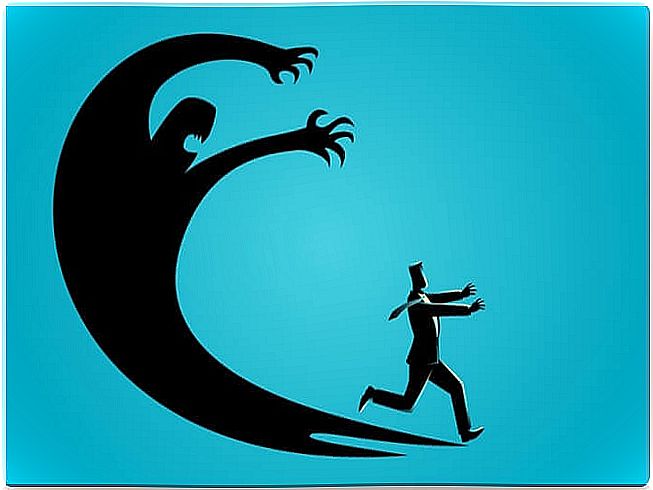
1. Anxiety is only a chemical imbalance
Nowadays, there are still many health professionals who maintain the idea that anxiety responds “exclusively” to a simple chemical imbalance in our brain. It should be said that this is a half-truth, or rather, an incomplete approach that we cannot consider valid.
The reason? We know that offering a patient a pharmacological treatment to regulate the production of serotonin gives the person well-being. However, the medication, by itself, does not achieve a complete or lasting recovery. In many cases, symptoms only regress while the medication is continued.
The idea that anxiety is resolved with chemistry alone is not always correct. We need more strategies to complement the treatment.
2. If my parents suffered from anxiety disorders I will also suffer
This is another of the most common myths about anxiety: attributing genetic predisposition to all our problems, illnesses, and disorders. There may be an increase in risk, a small probability, but never an absolute determination.
3. If I suffer from anxiety, it’s because I’m doing something wrong in my life
Generalized anxiety disorder is one of the most common mental illnesses. The impact it has on a person’s life is immense, chaotic and exhausting. Thus, if someone around this patient comments that this reality that he suffers is his responsibility for “doing things wrong”, this will further increase the despondency and reduce the desire to find solutions.
First, let us remember that anxiety itself is part of human nature. However, sometimes certain environmental events, the environment, our past, our predisposition and the way we face and process our reality will determine the greater or lesser risk of developing this type of disorder.
4. I’m an anxious person, anxiety is part of me and I can’t change it
This is, without a doubt, another of the most recurrent myths about anxiety. Some people think that anxiety is part of their own personality and, therefore, there is nothing to be done, there will be no therapy or treatment that can remedy it. Think that’s how it is, period. He identifies anxiety as part of his being, as an emotion inherent in his personality.
Let’s change our focus and take a more realistic, logical and optimistic view of anxiety and any other type of disorder. We can all integrate new thinking styles, better manage our emotions, change behaviors, habits and even reprogram our brain to calm it down, to improve its focus…
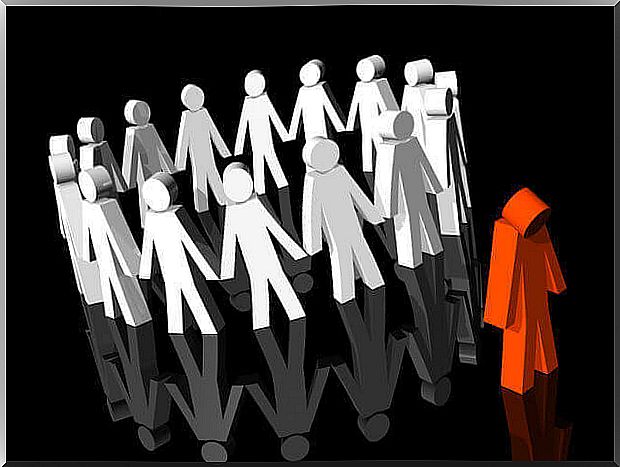
5. Deep relaxation alone can solve my anxiety disorder
Anxiety disorders are not solved like having the solution to a puzzle: they must be treated. The word “treatment” has several meanings that must be taken into account:
- It is an active work on the part of the psychologist and, above all, the patient.
- Treatment implies that the person learns a series of strategies that he will always apply, not just until he notices improvements. We must establish this state of recovery so that it lasts.
- In turn, it is essential to understand that to treat anxiety there is no single approach. Because treatment also means seeking, it means combining different strategies: deep relaxation, psychotherapy, behavior modification, meditation, sports, practicing new hobbies…
In short, deep relaxation helps, but other resources need to be used to achieve full and permanent recovery. We could say that we will need more strategies on this journey to find what really helps us, which will allow us to alleviate despair, erase fears and manage our worries in a more valid way.
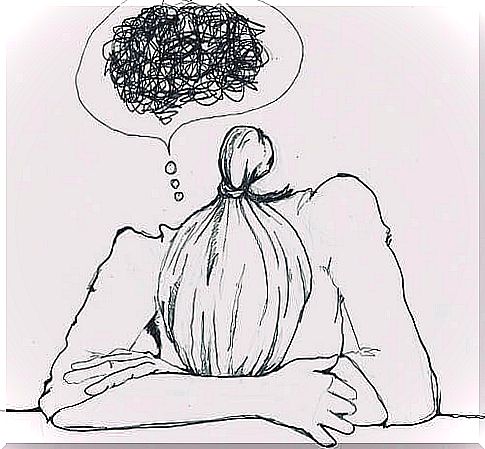
In conclusion, myths about anxiety contribute to hampering the therapeutic work and the normalization of a disease that can be successfully treated. Let us not forget that anxiety is currently considered an epidemic, and that it has a higher incidence in the younger population. Therefore, it is necessary to implement prevention measures, to facilitate strategies with which to understand that the mind has no reason to go faster than life.
